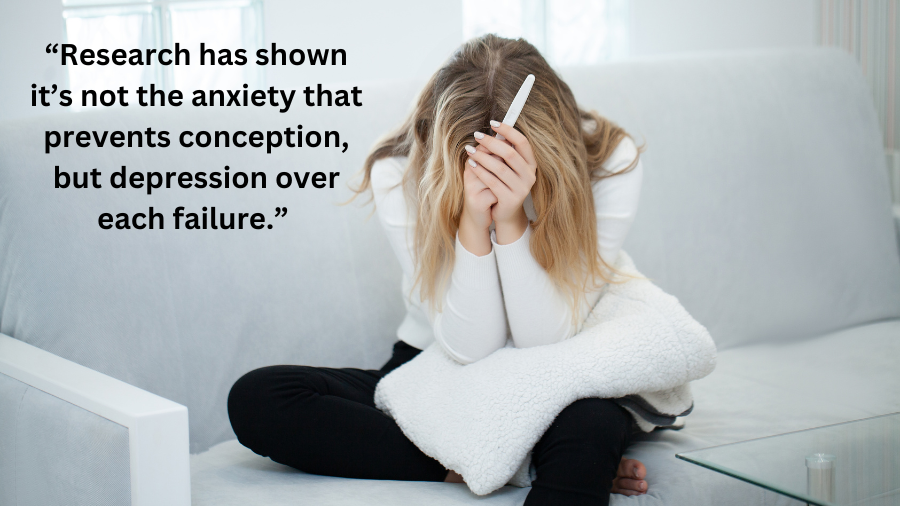
Therapists Address Emotional Side of Fertility Issues
As many couples wait longer to have children, the chance of fertility problems becomes commensurately greater, fueling a booming business for fertility specialists. Couples going through fertility treatment are exposed to one of a marriage’s greatest stressors, but most focus only on the physical and not the emotional component of the process of trying to conceive. That’s a mistake couples can ill-afford to make, say therapists Suzanne Lehman and Susan Hodder.
“When doctors tell patients to either adopt or take a break from trying to conceive, that’s when a lot of people become pregnant,” Lehman says. “Research has shown it’s not the anxiety that prevents conception, but depression over each failure. It’s like having a loved one die each time. If you lift that depression and relax, that’s when you can get pregnant.”
Lehman and Hodder are both marriage and family therapists with their own practices in Sherman Oaks. Together, they run a specialized support program for those going through what Lehman calls the “devastating, vicious cycle” of fertility. They’ve both been through it themselves, so they know what couples face. With that knowledge plus a Harvard-developed program to follow, Lehman and Hodder’s Center For Mind, Body Health is poised to help local couples endure treatment with their marriage intact — regardless of the outcome.
“When you go through all this, it’s like the rest of your life is gone for a while,” Hodder says. “We focus on getting the relationship back, as well as helping them conceive.”
Lehman says that, while they can’t promise people they’ll get pregnant, they can help couples be less consumed by it.
“It’s reclaiming your relationship and bringing joy back to your lives,” she says.
The Program
For two hours a week over the course of 10 weeks, Hodder and Lehman meet with men and women going through fertility treatment. The first few sessions include the man, but after that, it’s just the women. They’re the ones, they say, going through the painful procedures and experiencing the loneliness of the whole ordeal.
“They need to vent and share the experience of what they’re going through,” Lehman says. “But we don’t dwell on that; we move on.”
Hodder says the 10-week program is highly structured and includes everything from nutrition discussions to a lot of exercises. Much of those have to do with getting people to a place where they can feel OK with the outcome, whatever it may be.
“Many couples think that if there’s no biological child, there’s no happy marriage,” Lehman says. “We try to get them to a more balanced way of thinking about it.”
Hodder acknowledges that, for couples unable to conceive, they may never feel completely “OK” with it. Even coming to that point, though, is helpful.
In the U.S., fertility treatment is a $1 billion a year business, Lehman says. It’s driven not only by the aging of first-time parents, but also by a society that likes the “quick fix.”
“You have these Type-A personalities who are used to being rewarded for their hard work, and it’s tough for them to think they can’t reproduce,” she says. “People are also quicker to think there’s something wrong, even when that may not be the case. Sometimes, you just have to be patient.”
The 10-week program at the Center for Mind Body Health runs $950. For more information, call 818-789-6277 or go to www.centerformindbodyhealth.com.
Post a comment